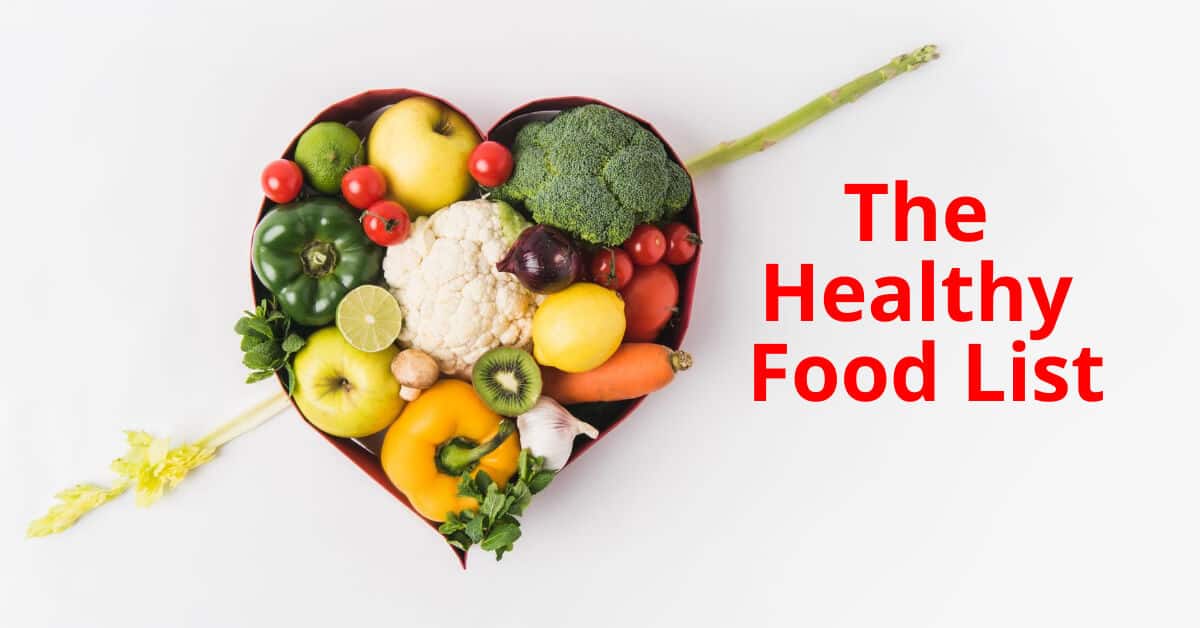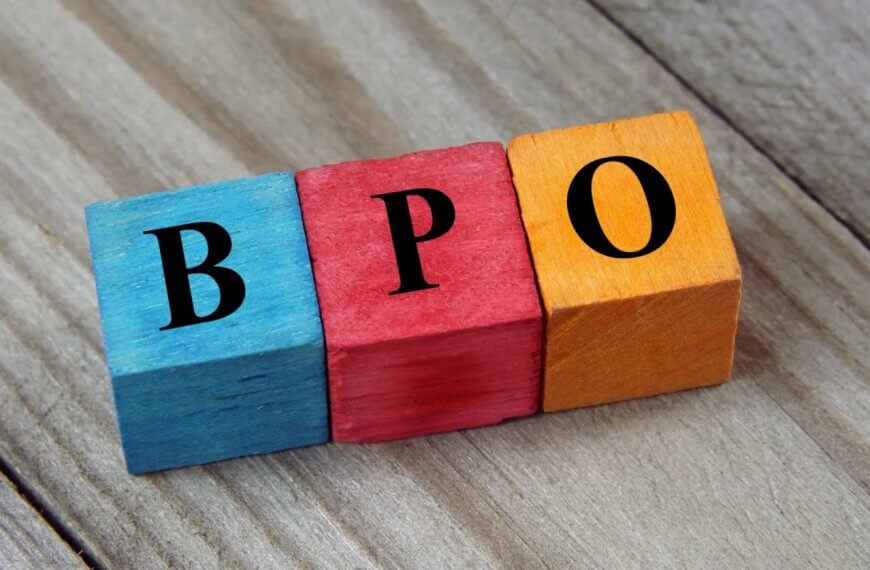The Healthy Food List
What should you eat? Should you eat healthy foods? Or do you just eat whatever you feel like eating?
There are many reasons why you might not be eating healthy foods. Maybe you’re trying to lose weight, maybe you’re trying to get pregnant, maybe you’re trying not to gain weight after having children, or maybe you just don’t care. Whatever the reason, you need to make sure you’re eating healthy foods.
In this article I’m going to share with you my top 7 healthiest foods to add to your diet. These foods will help you achieve optimal health and live longer. They won’t cost you any extra money either!
1. Avocados
Avocados are rich in monounsaturated fats, dietary fiber, folate, vitamin K, copper, magnesium, manganese, niacin, pantothenic acid, potassium, protein, riboflavin, thiamine, zinc, and vitamins A and B6. They contain healthy unsaturated fats that help lower cholesterol and fight heart disease.
2. Apples
Apples are high in fiber, antioxidants, vitamin C, and potassium. Potassium helps regulate blood pressure and maintain fluid balance while keeping muscles from cramping. Fiber aids digestion and can help keep you feeling full longer. Antioxidants like quercetin may help prevent cancer and cardiovascular diseases. Vitamin C supports collagen production and keeps skin looking young and glowing.
3. Asparagus
Asparagus contains folic acid, iron, calcium, and vitamin B12. Folate reduces homocysteine levels, which lowers risk of cardiovascular disease and stroke. Iron builds strong red blood cells and helps build muscle mass. Calcium strengthens bones and teeth and promotes good sleep. Vitamin B12 is necessary for proper nerve function and energy production.
4. Bananas
Bananas are a great source of fiber, potassium, and vitamin B6. Fiber helps control appetite and regulates bowel movements. Potassium helps maintain normal blood pressure and electrolyte balance. Vitamin B6 is needed for the metabolism of carbohydrates, proteins, and fats. It also plays an important role in maintaining a healthy nervous system.
5. Beans
Beans are loaded with fiber, protein, minerals, and nutrients. They are low in saturated fat and sodium. Fiber helps reduce cholesterol and promote regularity. Protein keeps you fuller longer and provides essential amino acids. Minerals such as iron, zinc, phosphorus, and selenium help build strong bones and hair. The antioxidant lutein found in beans protects against macular degeneration, cataracts, and other eye problems.
6. Berries
Berries are packed with antioxidants, phytochemicals, and fiber. Anthocyanins in berries protect against oxidative stress and inflammation. Phytochemicals have been shown to inhibit tumor growth and stimulate immune response. Fiber helps control hunger and prevents constipation.
7. Broccoli
Broccoli has more than 100 different compounds known to provide protection from cancer and heart disease. Sulforaphane is believed to help prevent colon cancer by stimulating detoxification enzymes. Other compounds in broccoli may help prevent breast, prostate, lung, and ovarian cancers.
8. Brussels Sprouts
Brussels sprouts are a cruciferous vegetable that contains sulforaphane, a compound that may help prevent certain types of cancer. One study showed people who ate just one serving per week had a 25 percent reduced chance of getting bladder cancer over five years. Another study found adults who regularly eat raw or lightly steamed brussels sprout vegetables have a significantly lowered risk of pancreatic cancer.
9. Cantaloupe
Cantaloupes are high in fiber, vitamin C, and antioxidants. These nutrients help boost immunity and support overall health. Fiber fills you up and slows down digestion so you feel satisfied. Vitamin C boosts your immune system and fights infection. Antioxidants fight free radicals and slow aging.
10. Carrots
Carrots contain beta-carotene, which gives orange color to your skin. Beta-carotene also converts into vitamin A in our bodies, which helps keep eyes healthy and supports bone development. Carrots are also rich in vitamins K and C, magnesium, and manganese. Manganese is used in many body processes and helps form connective tissue. Magnesium is crucial for keeping bones healthy and protecting nerves.
11. Celery
Celery is a member of the parsley family and is loaded with potassium, calcium, folate, and vitamins A and C. Potassium controls fluid levels in the body and promotes cardiovascular health. Calcium strengthens bones and teeth while folate reduces homocysteine levels, which can damage arteries. Vitamin C aids in collagen formation and wound healing.
12. Chard
Chard is another leafy green vegetable that’s full of nutrition. It’s an excellent source of vitamins A and C, folic acid, and iron. Iron builds red blood cells and carries oxygen around the body. Folate helps make DNA and RNA, which are important for cell division. Vitamins A and C help maintain good vision and skin health.
13. Green Beans
Green beans are low in calories but high in fiber and protein. They’re also packed with vitamins B6 and K, thiamin, niacin, riboflavin, pantothenic acid, phosphorus, copper, and manganese, all of which play vital roles in maintaining a healthy metabolism. Copper is necessary for producing hormones and regulating blood clotting. Manganese is needed for energy production and bone growth. Phosphorus is required for building muscles and repairing damaged cells.
14. Lettuce
Lettuce is a crunchy green salad staple that provides plenty of vitamins A, B6, and K, as well as iron, calcium, zinc, and fiber. Iron is critical for forming new blood cells and carrying oxygen through the body. Zinc plays an integral role in more than 300 enzymes and is essential for proper immune system functioning. Calcium is important for healthy bones and teeth. Vitamin K is essential for blood coagulation and preventing bleeding.
15. Onions
Onions contain quercetin, which has been shown to have anti-inflammatory properties. Quercetin may also help prevent cancer by inhibiting tumor growth and encouraging apoptosis (cell death). Studies suggest onions could be effective at treating diabetes because they increase insulin sensitivity and lower blood sugar. Onions are also a great source of vitamin B6, which is helpful for nerve function and metabolizing carbohydrates.
16. Parsley
Parsley contains vitamins A, B1, B2, B3, B5, B6, C, E, K, magnesium, phosphorous, potassium, sodium, and zinc. These nutrients keep you healthy from head to toe! Magnesium supports heart health and regulates blood pressure. Vitamin B1 is essential for the nervous system and promotes hair growth. Vitamin B2 is necessary for healthy skin and eyes. Vitamin B3 helps convert food into fuel and maintains healthy nerves and muscles. Vitamin B5 is crucial for healthy digestion. Vitamin B6 is involved in hundreds of chemical reactions within our bodies, including those related to energy production. Potassium is essential for muscle contraction and nerve impulses. Sodium is needed for water balance. And finally, zinc aids in tissue repair and is important for a healthy immune system.
17. Peas
Peas are a good source of vitamin K, which is essential for blood clotting. Peas also provide folic acid, which is important for cell division. The antioxidants lutein and zeaxanthin protect your vision and boost immunity. Fiber in peas can reduce cholesterol levels and promote regularity.
18. Pineapple
Pineapple is rich in vitamin C and bromelain, which are both powerful antioxidants. Bromelain helps break down proteins so your body can absorb them better. It’s also beneficial for relieving arthritis pain and inflammation. Vitamin C is essential for collagen formation and wound healing. Collagen is the most abundant protein in the human body and keeps your joints flexible and strong.
19. Popcorn
Popcorn is a snack made from popped corn kernels. It’s loaded with minerals like manganese, molybdenum, selenium, and zinc. All these trace elements are essential for normal brain development and helping your body produce energy. Manganese strengthens bones and improves mood. Selenium protects against cardiovascular disease and cancer. Molybdenum is vital for detoxification. And finally, zinc is important for maintaining a healthy immune system. This mineral is also found in oysters, sardines, and tuna.
20. Pumpkin Seeds
Pumpkin seeds are high in zinc, copper, phosphorus, and magnesium. They’re also a great source of omega-3 fatty acids, which are essential for brain development and keeping your heart healthy. Zinc is an antioxidant that boosts your immune system. Copper is another antioxidant that fights free radicals and prevents premature aging. Phosphorus is needed for bone strength and tooth enamel. And lastly, magnesium is a calming element that relaxes your mind and body.
21. Radishes
Radishes are packed full of vitamin C, fiber, folate, iron, calcium, and more. They’re also a good source of thiamin, riboflavin, niacin, phosphorus, potassium, and zinc. Thiamin is vital for proper metabolism and energy production. Riboflavin is important for red blood cells and DNA synthesis. Niacin is essential for healthy skin and hair. Phosphorus is required for building strong bones. Potassium is critical for regulating fluid balance and muscle contractions. And finally, zinc plays a role in over 300 enzymatic processes.
22. Rice
Rice is a whole grain that provides plenty of nutrition. It has lots of fiber, which makes it filling and helps regulate bowel movements. One cup of cooked rice gives you about 100 percent of your daily requirement of vitamin B12. This vitamin is essential for nerve function and preventing fatigue. It’s also necessary for converting carbohydrates into energy. Rice contains about three times as much vitamin E as wheat or oats. This antioxidant is crucial for protecting your eyesight. Finally, one cup of cooked rice supplies about half of your daily requirement of magnesium. Magnesium is necessary for relaxing muscles and nerves.
23. Salmon
Salmon is a lean fish that’s high in protein. It’s also rich in vitamins D and B12. These nutrients help keep your nervous system healthy. Other nutrients include iron, calcium, and phosphorous. Iron is important for growing new blood cells and making hemoglobin. Calcium is used to build strong bones and teeth. And phosphorous is necessary for forming strong nails and teeth.
24. Sesame Seeds
Sesame seeds contain lignans, phytosterols, and antioxidants. Lignans have been shown to reduce the risk of breast cancer. They may also prevent prostate cancer. Phytosterols lower cholesterol levels and protect against cardiovascular disease. Antioxidants fight free radicals and prevent premature aging. Sesame seeds are also a good source of calcium, phosphorus, and vitamin K. Vitamin K is essential for blood clotting and bone health. Calcium is needed for strong bones and teeth. Phosphorus is a mineral that builds strong bones and teeth.
25. Spinach
Spinach is loaded with vitamin A, vitamin C, and beta carotene. It’s also a good source of folate, manganese, potassium, and dietary fiber. Folate is essential for cell division and growth. Manganese is needed for normal thyroid function and maintaining healthy joints. Potassium is important for controlling fluids and electrolyte balance. Dietary fiber keeps you regular by promoting peristalsis (the movement of waste through your digestive tract). Beta carotene protects against lung cancer and cataracts.
26. Sweet Potato
Sweet potatoes are packed with vitamin A and vitamin C. They’re also an excellent source of fiber and potassium. Fiber aids digestion and prevents constipation. Potassium regulates water balance and maintains healthy heart rhythm. Vitamin A supports vision and immune function. Vitamin C strengthens connective tissue and promotes wound healing.
In conclusion, I’m sure you’ve heard about the healthy food list before. But if you haven’t, here’s a quick rundown: The Healthy Food List is our free online resource that provides a comprehensive list of foods that have been proven to promote optimal health. This includes fruits and vegetables, whole grains, lean proteins, low-fat dairy products, beans, nuts, seeds, herbs, spices, and probiotics. These foods are known to reduce the risk of heart disease, stroke, diabetes, cancer, obesity, depression, anxiety, and many other diseases. They also improve digestion, boost immunity, and support overall wellness. So what are you waiting for? Start eating these foods today to lead a healthier, happier life!
























